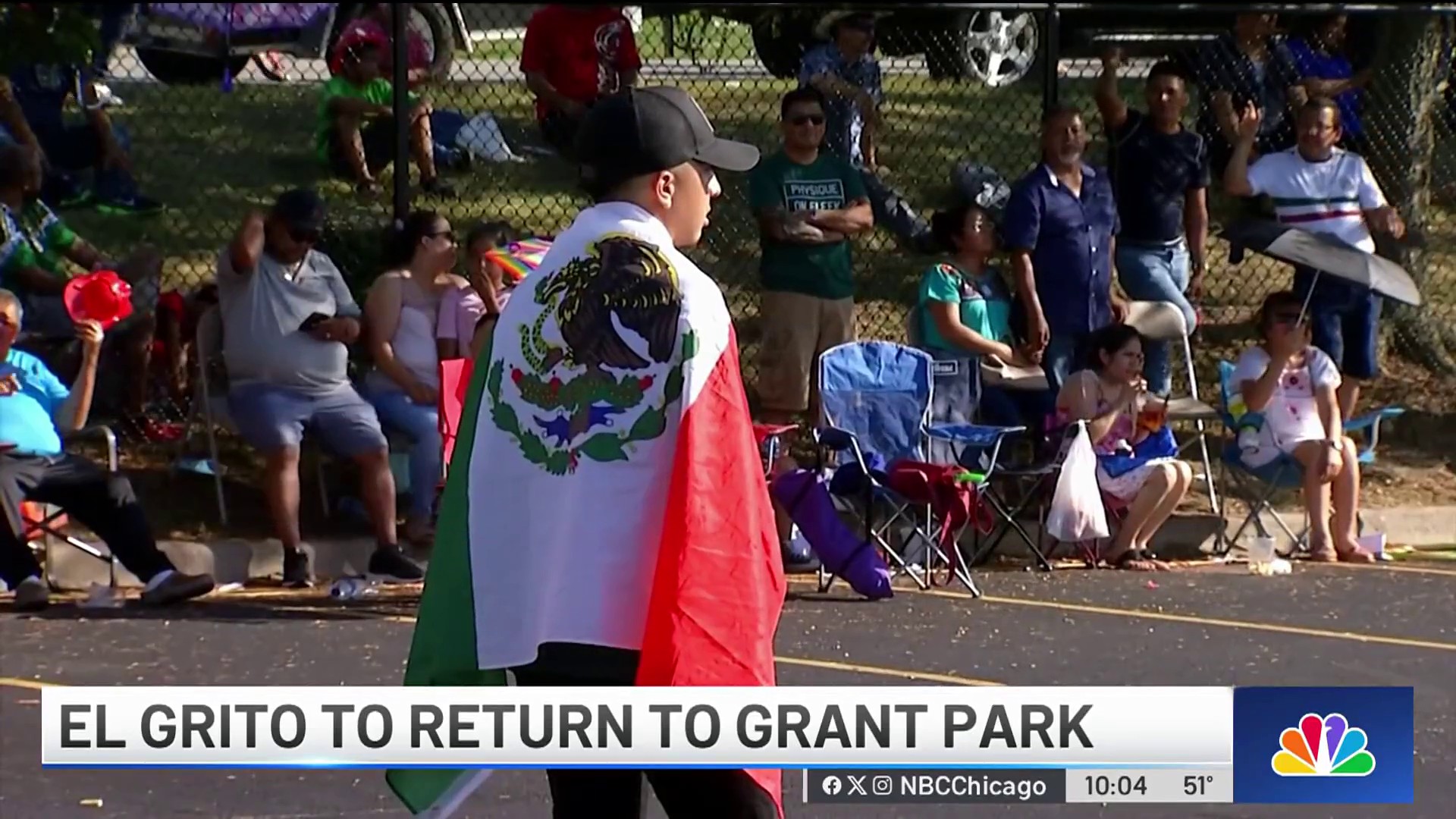Drew Peterson's lawyer argues in an appeal mailed Monday to a regional appellate court that a judge and a defense attorney made critical errors during the trial that ended with the former Chicago-area policeman being convicted of killing an ex-wife, denying him a fair trial.
Peterson — who gained notoriety after his fourth wife, Stacy Peterson, disappeared in 2007 — was convicted in 2012 of killing his third wife, Kathleen Savio. Prosecutors had no physical evidence tying Peterson to Savio's death and no witnesses placing him at the scene, so they relied on typically barred hearsay — statements Savio made to others before she died and that Stacy Peterson made before she vanished.
"The State did not present a single eyewitness, physical evidence linking Drew with Kathleen's body, forensic evidence linking Drew with Kathleen's body, or a confession from Drew," the 55-page appeal says. "And while it is true there is no magic formula for a murder conviction, at least one of these pieces of evidence is usually present where an appellate court upholds murder convictions."
Illinois passed a hearsay law in 2008 tailored to Drew Peterson's case, dubbed "Drew's Law," which assisted in making some of the evidence admissible.
The appeal was sent to the 3rd District Appellate Court in Ottawa, where it will be formally filed this week. Peterson attorney Steve Greenberg supplied a copy of the 55-page document to The Associated Press. The appeal asks the higher court to reverse the conviction and find Peterson not guilty — or, at least, order a new trial.
Peterson, 60, is serving a 38-year prison sentence for Savio's 2004 death, which was initially ruled accidental. The investigation was reopened after Stacy Peterson disappeared in 2007. Authorities have said they believe that Stacy Peterson is dead and that Drew Peterson is a suspect, but her body has never been found and he hasn't been charged in that case.
Peterson's appeal singles out one witness, divorce attorney Harry Smith, as sealing Peterson's fate at trial. The defense had hoped that Smith's testimony would discredit Stacy Peterson, because he said she had asked him if she could squeeze more money out of Peterson in a divorce if she threatened to tell police he killed Savio. Instead, the testimony stressed to jurors that Stacy Peterson seemed to truly believe her husband killed Savio.
Local
The appeal argues that not only did then-lead defense attorney Joel Brodsky err in calling Smith, but the judge did as well by allowing the testimony.
"The court knew the witness was going to devastate the defense ... knew it was legal suicide to call Smith," the appeal says. "The court should not have blithely stepped aside simply because the defense wanted to call the witness."
Reached late Monday, Brodsky noted Peterson himself told the judge in court he wanted Smith to testify.
"I am confident that Drew got the best defense a person could get and that the appellate court will find he did not have ineffective assistance," he said. "Mr. Greenberg's appeal strategy is a losing strategy."
A spokesman for the Will County's state's attorney's office, which prosecuted Peterson, said prosecutors had not seen the appeal and could not comment. But Charles Pelkie added, "We are confident in this case and we are confident that it will stand up appeal."
Fascination nationwide with Drew Peterson arose from speculation he used his police expertise to get away with murder. Glib and cocky, he seemed to taunt officials before his 2009 arrest, suggesting a "Win a Date With Drew Contest. His story inspired a TV movie starring Rob Lowe.
The hearsay — any information reported by a witness not based on the witness' direct knowledge — included a friend testifying that Savio told her Peterson once put a knife to her throat and warned her, "I could kill you and make it look like an accident."



